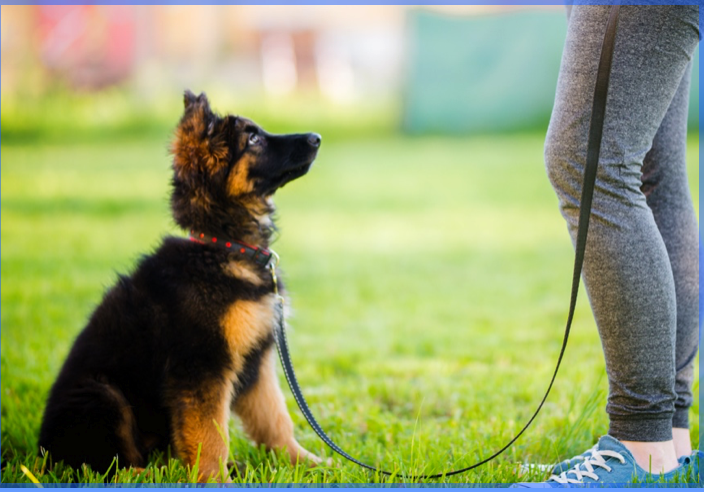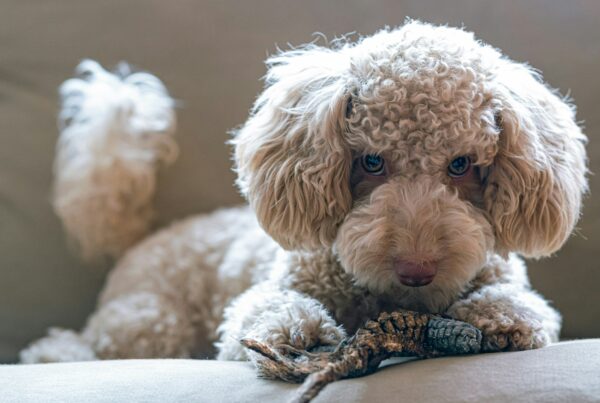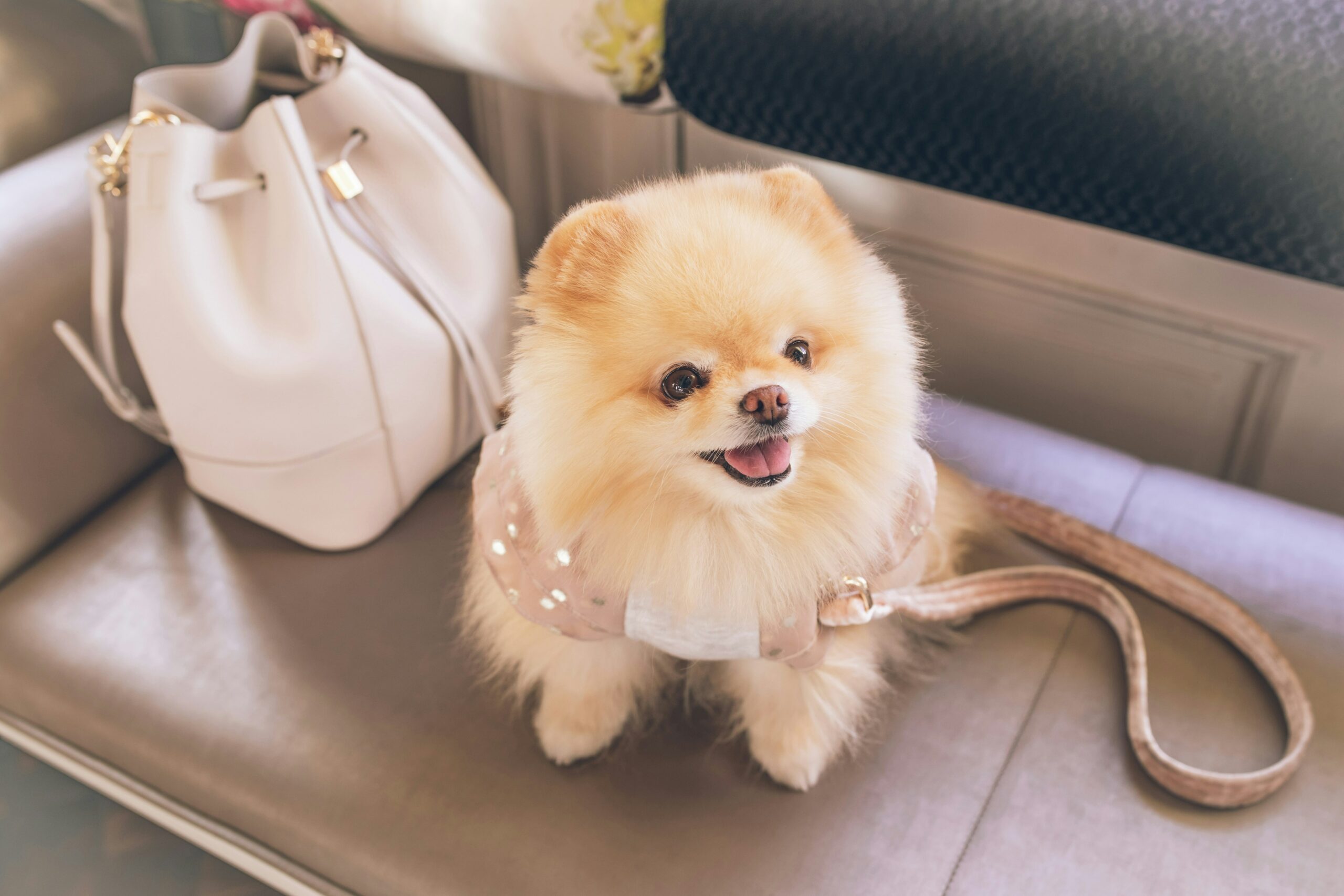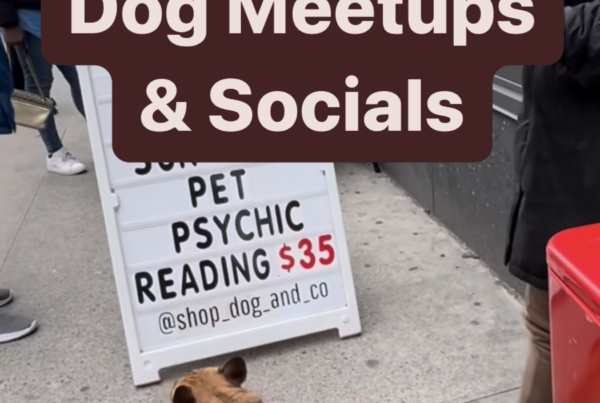Getting your first dog is a big responsibility – especially if it’s a puppy. It’s also the beginning of an amazing adventure. Your job is to make it as rewarding as possible for all involved, and these tips will help you get off to the best possible start.
Understand your dog’s needs
Every dog is different in character, but you can still make predictions and observations to help you provide for your new companion’s needs. First of all, don’t get a big dog if you live in a small apartment – make sure there’s space for your dog to play indoors. Find out about any special breed-related dietary needs. We recommend not only doing online research but also joining a breed specific group on Meetup.com or facebook to share knowledge and insider tips! Can’t find a group- start your own! If your dog is long-haired, learn about its grooming needs. Register with a vet, arrange the recommended vaccinations and buy your dog some veterinary insurance – it will save you money in the long run.
Make your home and garden safe
Dogs will chew on just about anything, especially when they’re young and untrained. Puppies are also very good at breaking things, and they have toilet accidents even after training, so put your most beloved personal possessions up high or lock them safely away. Make sure there’s nothing in your home or garden that could cause injury or might even poison your dog. Invest in some safe, fun toys, so there are distractions available.
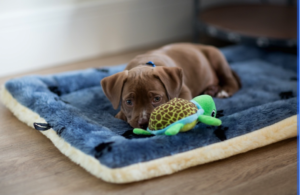
Recognize that your dog will have to adjust
Even if you’ve made sure that you have everything you need for your new puppy, you shouldn’t expect everything to go smoothly from the start. Moving to a new home is disorientating, and your dog will be adjusting to new people – and the absence of familiar people – at the same time. This can take anything from a few days to a few months. Be patient and seek advice if your dog is having lasting problems with anxiety if left alone when you go out to work.
Be clear about who’s boss
When someone’s making puppy dog eyes at you, it’s easy to be too forgiving or too generous with treats; this will mean trouble later on. Although puppies need a lot of affection, and it will help them to bond with you, it’s also important that you’re clear about the rules and respond firmly when they’re broken. Your dog will actually feel more secure if you are clearly in control. Dogs are always ready to eat but if you’re sparing with treats, they will mean more when given. If over-feeding your pup is starting to become an issue, we recommend giving some of the kibble as treats.
Choose the right gear for walkies
Every dog needs to be walked at least once a day, and it’s better to take them out both morning and evening. Choose a good basic lead and use it with a harness that won’t restrict natural movement. This will help you train your dog to walk to heel without causing distress by putting pressure on the neck. Remember most puppies love to chew and you will likely go through many harnesses- we recommend stocking up and then returning if you don’t use as it will save you money buying a last minute harness at the local pet store and paying a premium. Your dog should also have a collar with your details attached or a dog tag and should also be microchipped in case of getting lost.
Socialize your Pup the right way
Dogs are pack animals, after all they are born in a litter! Be sure that you start socializing your pup as soon as possible- with new people, outside and with other dogs. Though first inclination for many new pet parents is to go to the dog park- there are many other safer options such as puppy socialization groups, doggie daycares, local outdoor activities and events and off-leash hours in various parks.
Finally, prepare to feel unprepared! Looking after a new dog often feels overwhelming. Just be patient, and you’ll find that all the hard work is worth it when you’re enjoying life with your new best friend.

